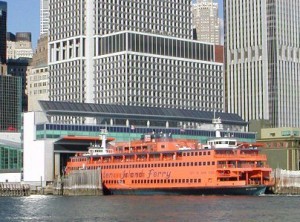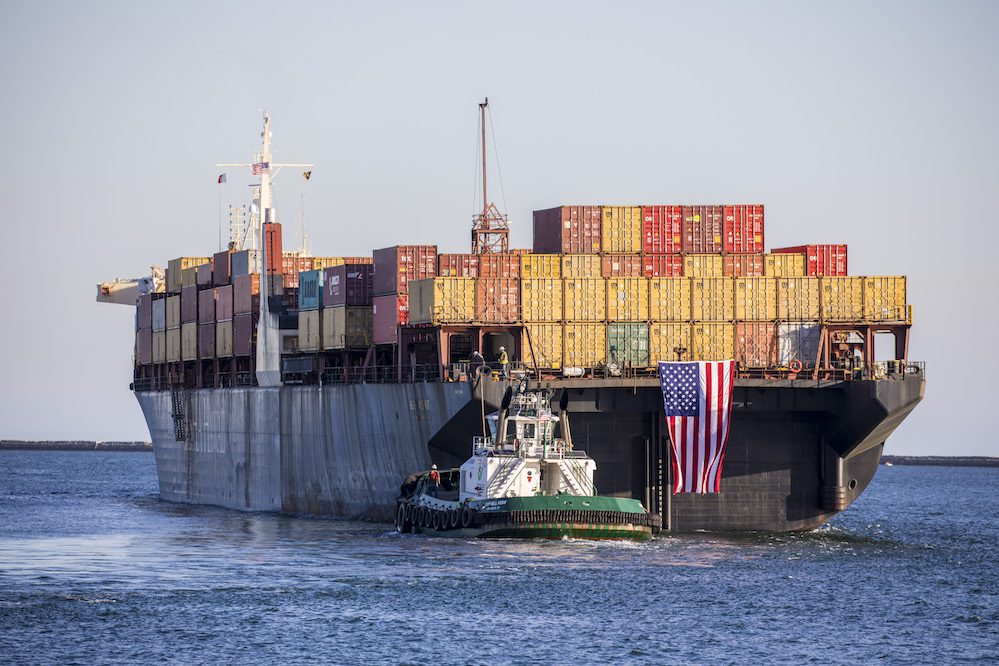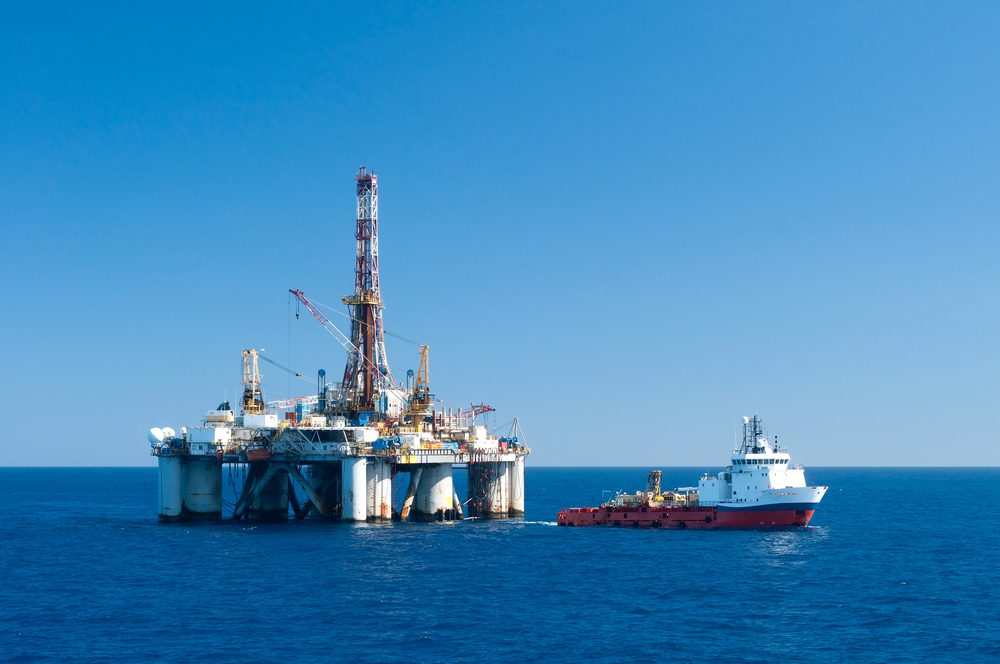 WASHINGTON – On May 8, 2010, the 310-foot-long passenger ferry Andrew J. Barberi lost propulsion control of one its two cycloidal propellers as the vessel approached St. George terminal, Staten Island, New York. The loss of propulsion control resulted from a solenoid failure in one of the vessel’s propulsion control panels. The crewmembers on board the Andrew J. Barberi were unaware that the propeller failed to respond to their commands until seconds before the ferry struck the terminal. A total of 266 persons, including 244 passengers, were on board the vessel. As a result of the accident, three passengers were seriously injured and more than 40 passengers and crew reported minor injuries.
WASHINGTON – On May 8, 2010, the 310-foot-long passenger ferry Andrew J. Barberi lost propulsion control of one its two cycloidal propellers as the vessel approached St. George terminal, Staten Island, New York. The loss of propulsion control resulted from a solenoid failure in one of the vessel’s propulsion control panels. The crewmembers on board the Andrew J. Barberi were unaware that the propeller failed to respond to their commands until seconds before the ferry struck the terminal. A total of 266 persons, including 244 passengers, were on board the vessel. As a result of the accident, three passengers were seriously injured and more than 40 passengers and crew reported minor injuries.
The Andrew J. Barberi, which has a capacity of nearly 6,000 passengers, was not equipped with or required to have an alarm to alert the pilothouse crewmembers to the loss of propulsion control. This type of alarm would have given the crew additional time to respond. As a result, the National Transportation Safety Board (NTSB) recommends that U.S. passenger vessels with controllable pitch propulsion, including cycloidal propulsion (which the Andrew J. Barberi had) be equipped with alarms that audibly and visually alert operators when the propeller fails to respond to commands.
The Andrew J. Barberi was also involved in a horrific accident in 2003, in which 11 people died and 70 were injured. Subsequent to that accident and in response to NTSB safety recommendations, the vessel operator-the New York City Department of Transportation (NYC DOT) Ferry Division-implemented a safety management system (SMS) and trained its personnel in it. A SMS in the marine industry is a structured and documented system developed to enhance safe vessel operation, ensure compliance with regulatory requirements, prevent injury or loss of life, and avoid environmental pollution.
“The bad news is that the Barberi experienced an unanticipated and unusual failure in its propulsion system,” said NTSB Chairman Deborah A.P. Hersman. “The good news is that no lives were lost and our investigation showed positive safety improvements following the 2003 accident, in particular the NYC DOT Ferry Division implemented an industry-leading safety management system.”
The NTSB recommends that all U.S.-flag passenger vessels implement safety management systems.
A synopsis of the NTSB report, including the probable cause, findings, and a complete list of the safety recommendations, is available on the NTSB website. The full report will be available on the website in several weeks.

 Join The Club
Join The Club












